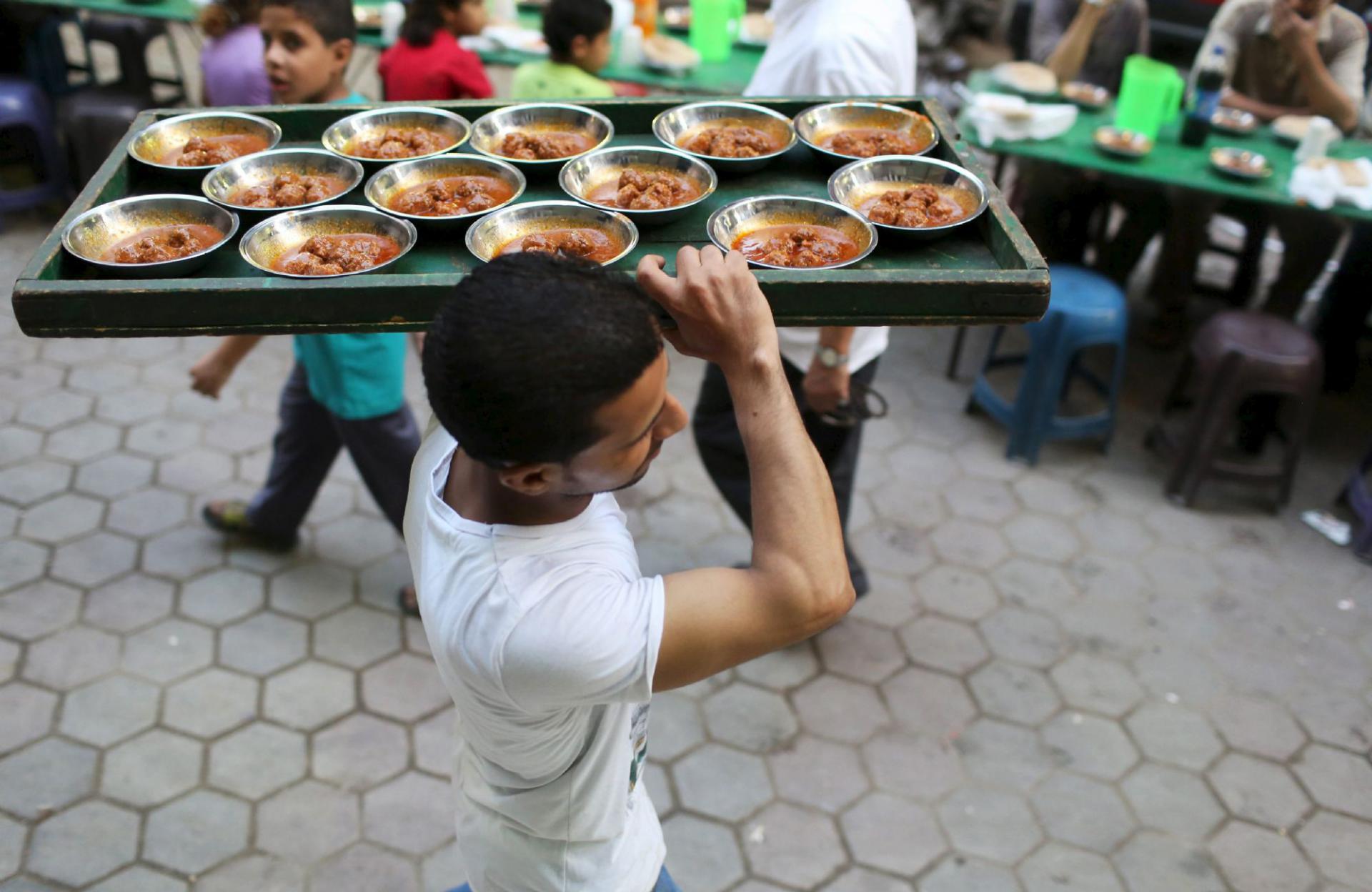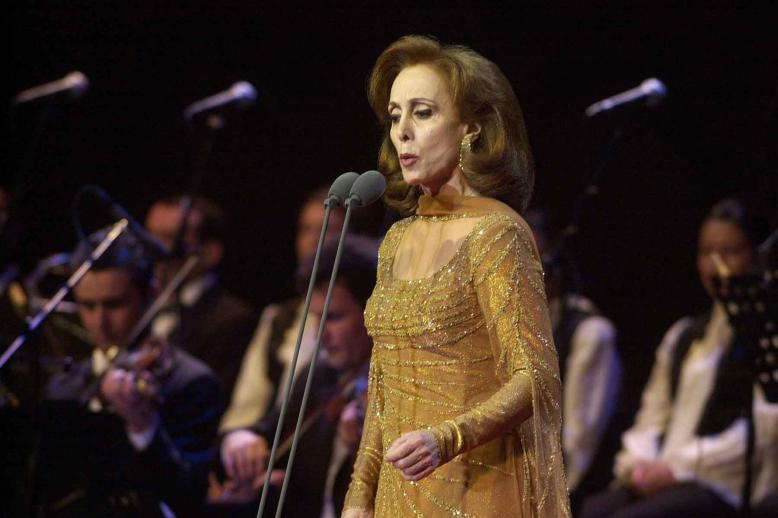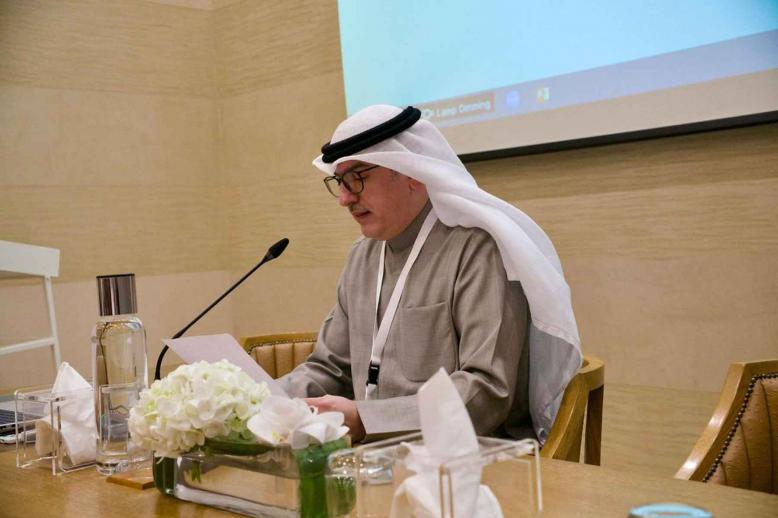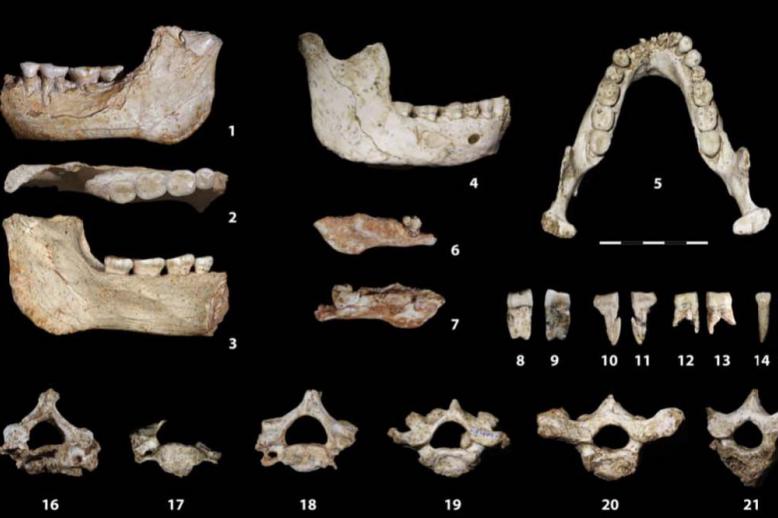Ramadan charity helps change lives in Egypt
CAIRO - Soon after her husband’s death, life turned ugly for Asmaa Yehia. She was forced to search for work, even though she was not prepared for the job market. She had no formal education, no professional skills and the only thing she knew how to do was look after her children.
“I searched for house cleaning work but it was unavailable in my village,” Yehia, 38, said.
The mother of two lives in Abu Aziz, a small village in the central Egyptian province of Minya, where farming is the only economic activity. She worked in cotton harvesting, which was very demanding physically and forced Yehia to leave her children with a neighbour for hours every day.
However, things took a turn for the better when Yehia was approached by a local charity that offered to provide her with funding to open a small grocery store in her home. She bought biscuits, cooking oil, canned food, dried pasta and rice boxes and sold them to neighbours at a small profit.
The opportunity changed her life. “I now earn a living, without having to leave my children alone,” Yehia said.
Egypt’s charities intensify their work during Ramadan, a time of year when the rich give to the poor at a higher rate. Egyptians donate more to charity during Ramadan than any other month and the money they give has changed the lives of Yehia and many others.
Egyptians give approximately 60 billion Egyptian pounds ($3.5 billion) to charity every year, most of it during Ramadan, unofficial estimates state. The bulk of the money goes to the more than 40,000 charities in the country and NGOs, which distribute the funds to millions of needy Egyptians.
Some of the charities offer free food but most help the poor earn a living and lead a dignified life.
The charities turn poor families into productive ones by offering funding to start their own projects, the list of which is endless. Some charities give cows to poor families, especially in the Egyptian countryside, to help them earn a living by selling milk.
Other charities help the poor open small shops where they can sell goods. Some fix the damaged homes of the poor and others repay debts of those who could go to jail for defaulting on loans.
The charity that gave Yehia the funding to start her grocery store is one of 5,000 operating under Dar al-Orman, by far Egypt’s largest charity. Dar al-Orman collects millions of dollars in donations every year. It uses the money to provide tens of thousands of poor people with the means to live with dignity.
“Our main focus is on building the capacities of the poor and empowering them economically and socially,” said Mamdouh Shaaban, Dar al-Orman board chairman. “This gives them hope and changes their life for the better.”
Dar al-Orman, a main contributor to Egypt’s slum eradication project, which builds thousands of flats for slum dwellers, offers the poor funding for life-saving surgeries, builds new houses for poor villagers and helps poor families start small businesses.
In raising funds for the projects, Dar al-Orman charities capitalise on the desire of the rich and those who offer alms to the poor, a tenet of Islam.
Alms-giving increases dramatically in Ramadan, a month millions of poor Egyptians wait for year after year. Apart from offering donations to the poor and donating to charities and NGOs, the rich also offer food to those in need. Some wealthy Egyptians offer food through large banquets where the needy go for iftar and eat for free.
“Ramadan is a great month of giving and wonderful activity for the nation’s charities,” said Safwat al-Nahhas, secretary-general of the Egyptian Zakat and Charity House, another major charity that is directly supervised by the Grand Imam of al-Azhar. “It is a rewarding month for those who do not have very much and those who wait for help.”
The Egyptian Zakat and Charity House offers monthly financial support to 86,000 families. In the past three years, the charity has funded furniture for 1,500 flats within the national slum eradication project.
These activities turn the charities into an important development tool in Egypt, especially by looking at the full scope of their activities.
Like Yehia’s case, the charities help the poor become self-sufficient.
Yehia now earns enough money to buy food for her two children and pay the rent on her flat. She said she hopes to save enough money to buy a shop and expand her project. That, she said, is a far-fetched dream but not impossible to realise.
“I know it will take me some time to collect the money necessary for this,” Yehia said, “but still I am confident that it is within my reach now.”
Hassan Abdel Zaher is a Cairo-based contributor to The Arab Weekly.
This article was originally published in The Arab Weekly.







